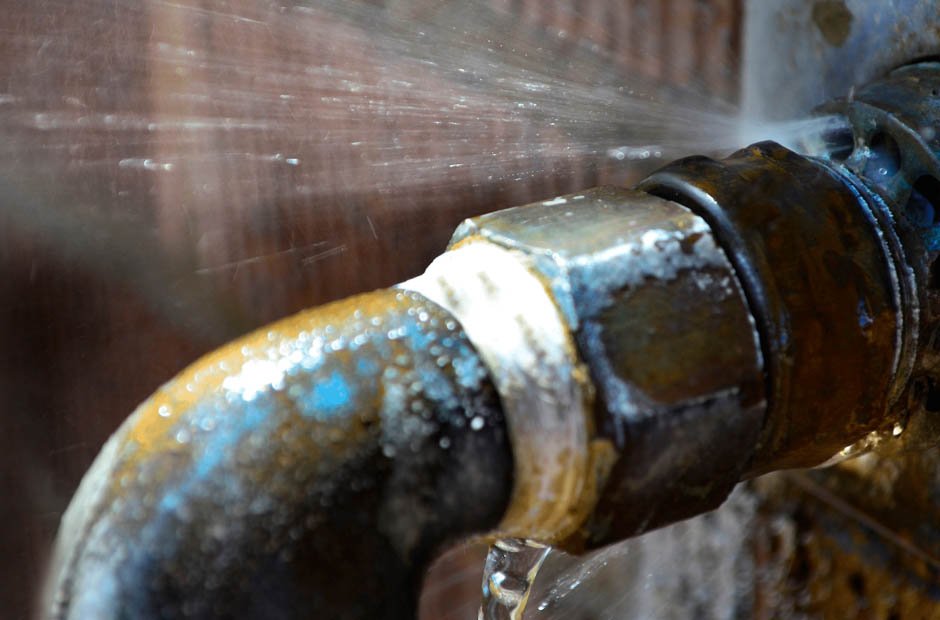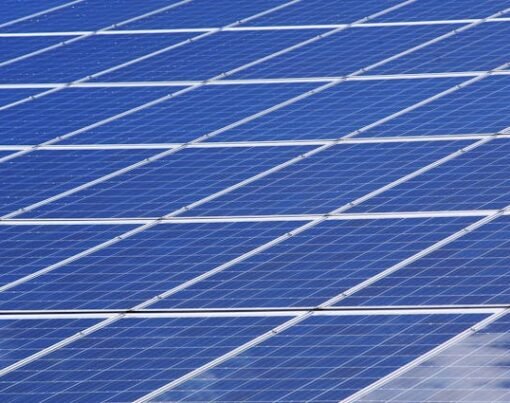Ever walk into your house or apartment and notice a small puddle of water where there wasn’t one before? It looks like you’ve sprung a leak somewhere. Take a deep breath before you start to panic over water damage or your soaring electricity bills. Leaks do occur, but the good news is that before calling Sarkinen Plumbing in Vancouver, you can remedy the issue quickly and possibly prevent a serious plumbing emergency. The key is to move quickly. Your water bill will increase, and the water damage will worsen the longer a leak is left unattended. But if you jump on the issue right away, many leaks can be repaired or at least temporarily contained until a plumber arrives. Here’s what you need to know to take action and stop that leak in its tracks.
Table of Contents
Turn Off the Water Supply
The first thing you need to do is turn off the water supply to your home. This could be at the water meter, main shutoff valve, or individual fixtures. Locate your shutoff valves ahead of time so you know exactly where they are in case of an emergency.
Once the water is off, determine the location and severity of the leak. Check areas like basements, attics, under sinks, behind toilets, water heaters, refrigerators, washing machines, and anywhere else water is used or pipes run. Look for visible damage, water spots, or the sound of running or dripping water.
If the leak is minor, you may be able to fix it yourself by tightening pipe connections or replacing worn-out washers and seals. For larger leaks or burst pipes, it’s best to call a plumber. They have the proper tools, training, and experience to safely repair or replace damaged plumbing.
Call a Plumber for Emergency Repairs
Trying to fix a major leak yourself could cause further damage or issues if not done properly. Let the plumber diagnose the issue, whether worn-out washers, seals in a fixture, a cracked pipe, or other plumbing problems. They have the proper tools, training, and experience to get your plumbing repaired quickly and efficiently.
While waiting for the plumber to arrive, you may want to set up buckets or pans to catch any remaining drips and be prepared to point out the location of the shutoff valves you turned off. Calling a professional plumber for emergency leak situations will get your home’s plumbing back to working order as safely and quickly as possible.
Remove Excess Water and Dry the Area
Use towels, mops, squeegees, wet/dry vacuums, or whatever you have on hand to absorb as much standing water as possible. Pay attention to small puddles in corners and crevices. Replace or wring out towels and mops frequently as they become saturated.
Open windows and use fans to improve air circulation and evaporation. If it’s safe, open cabinet doors and move furniture away from walls. To minimize any damage caused by a leak and keep your space looking good as new, try running a dehumidifier. This will help to remove moisture from the air and dry out the area quickly. Without excess water, you can prevent issues like warping, mold, and water stains.
Prevent Future Leaks and Water Damage
Now that you’ve addressed any active leaks, it’s time to prevent future water damage in your home. Some key tips include;
● Seal and Repair
Inspect your home for cracks or holes in foundations, roofs, windows, pipes, and seals around doors and sills. Use a waterproof caulk, sealant, or roof cement to patch any minor damage. For larger issues, you may need to hire a professional to repair or replace damaged materials.
● Improve Insulation
Add weatherstripping tape around doors and windows to improve insulation and seal any drafts where water could seep in. Consider installing storm or double-paned windows, which provide extra protection. Boost attic insulation to prevent heat loss, which can lead to ice dams and leaks.
● Clear Gutters and Downspouts
Clogged gutters and downspouts prevent water from draining properly, leading to overflows, leaks, and water damage. Clean out leaves, debris, and gunk from gutters at least once a year, ideally in the fall. Make sure downspouts direct water away from the foundation of your home. Consider installing leaf guards or gutter covers to minimize clogs.
● Inspect Plumbing and Appliances
It’s crucial to check for leaks or water damage behind toilets, water heaters, washers, dishwashers, and refrigerators when performing your routine home maintenance inspections. Watch for dripping hoses, pipes, or faucets, and be sure you have them fixed or replaced as necessary. This will maintain your home in peak condition and help avoid expensive water damage. You should also monitor your water bill for signs of excess usage, which could indicate plumbing leaks or running toilets.
Leaks can be found early on by keeping up with routine maintenance and inspections, which can be highly beneficial. Knowing what to do in an unexpected emergency is also a good idea. You can feel more at rest knowing you can handle any leaks that come your way by being ready to act immediately.










